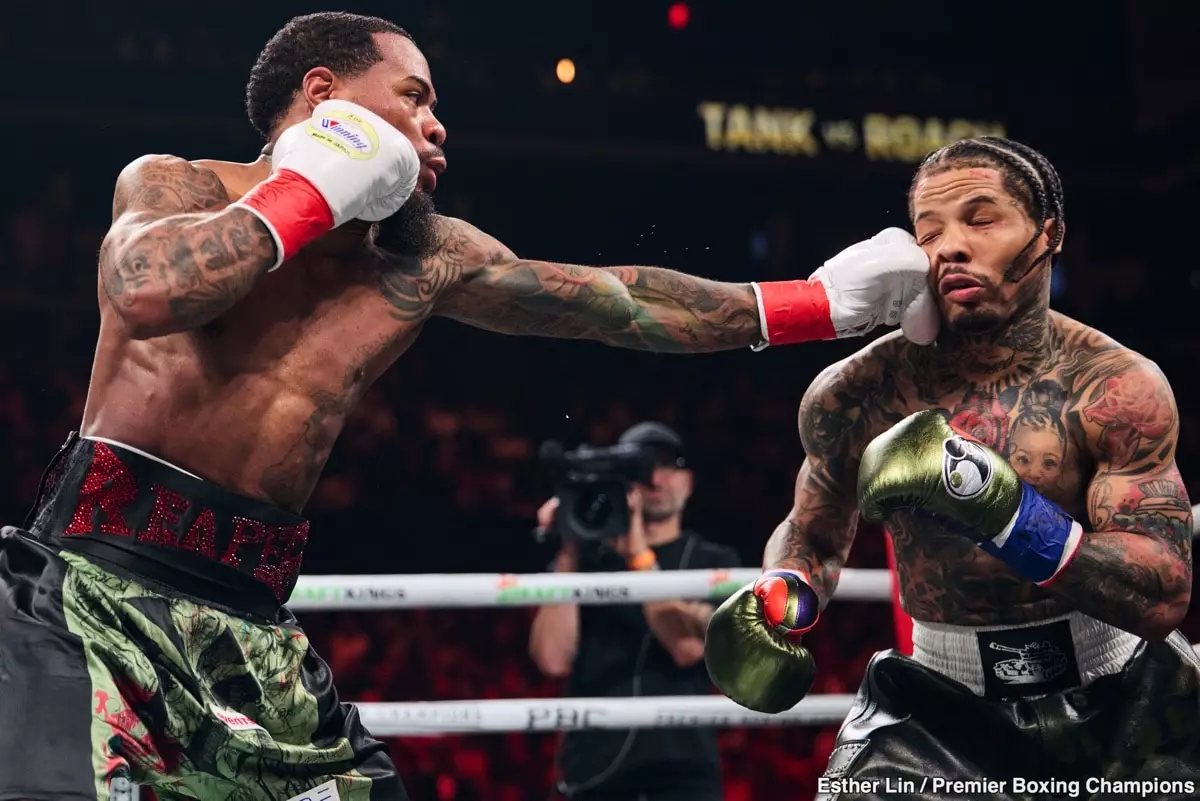In modern boxing, hype often overshadows true talent. The upcoming exhibition between Gervonta “Tank” Davis and Jake Paul epitomizes this trend. While the event promises spectacle, glitz, and lucrative paydays for both fighters, it also exposes a troubling disparity between skill and showmanship. Davis, the reigning WBA lightweight champion, is an elite boxer with a track record of relentless competition and technical prowess. Meanwhile, Paul, a social media influencer turned boxer, has built a fanbase through marketing blockbuster fights rather than consistent, top-tier competition.
This matchup underscores a critical question: does boxing’s current landscape reward genuine talent or the ability to sell a fight? Davis’s reputation rests on his speed, power, and boxing IQ, qualities that elevate him far above Paul’s limited boxing experience. Yet, the hype around Paul’s potential to “hang” with Davis reveals the sport’s increasing obsession with entertainment rather than pure athleticism. The fight might generate financial riches, but it risks diluting boxing’s credibility as a sport rooted in skilled combat.
The Hidden Toll of the Money Chase on Legacy and Integrity
Beyond the surface glamour, the boxing world is grappling with a sobering reality: fighters are often motivated more by the promise of wealth than the pursuit of greatness. Gervonta Davis, once celebrated for his prodigious talent and drive, appears to have succumbed to the allure of lucrative fights rather than pursuing legacy-defining challenges. The supposed delay of his rematch with Lamont Roach Jr.—a bout many considered an opportunity to prove himself further—sheds light on how financial considerations might influence a fighter’s career decisions.
Roach Jr’s dissatisfaction is palpable. His social media outcry—symbolized by the “ducking” emojis—illuminates the bitterness that can brew when fighters are sidelined for the sake of payday-driven spectacle. Such tactics tarnish the integrity of the sport and diminish the respect fighters earn in the ring. Boxing, after all, is about more than money; it’s about proving oneself through consistent competition. When fighters prioritize money over meaningful fights, they compromise their credibility and the sport’s long-term legacy.
What Does the Future Hold for Rising Stars and Forgotten Promises?
Lamont Roach Jr’s frustration is emblematic of a broader crisis in boxing: promising fighters being sidelined, waiting for opportunities that may never come due to the greed of promoters and the allure of easy cash. Roach’s recent declaration of a potential showdown with WBC lightweight champion Shakur Stevenson signals a desire to preserve the sport’s integrity and challenge worthy opponents. It’s a reminder that genuine competition remains a vital ingredient for boxing’s growth and respectability.
Yet, the question remains: how many talented fighters are being pushed aside or forced to chase short-term gains? The current trend threatens to erode the very foundation of boxing—skill, resilience, and the hunger to achieve greatness. When fighters like Roach are left waiting in the shadows while spectacle fights dominate headlines, it’s clear that profit and showmanship have eclipsed pursuit of authentic excellence.
Boxing is at a crossroads. The entertainment-driven landscape has certainly expanded its fanbase, but at what cost? The sport must find a way to balance its commercial imperatives with its core values—skill, respect, and legacy. Only then can boxing reclaim its place as a noble sport, and not just a profitable spectacle.

